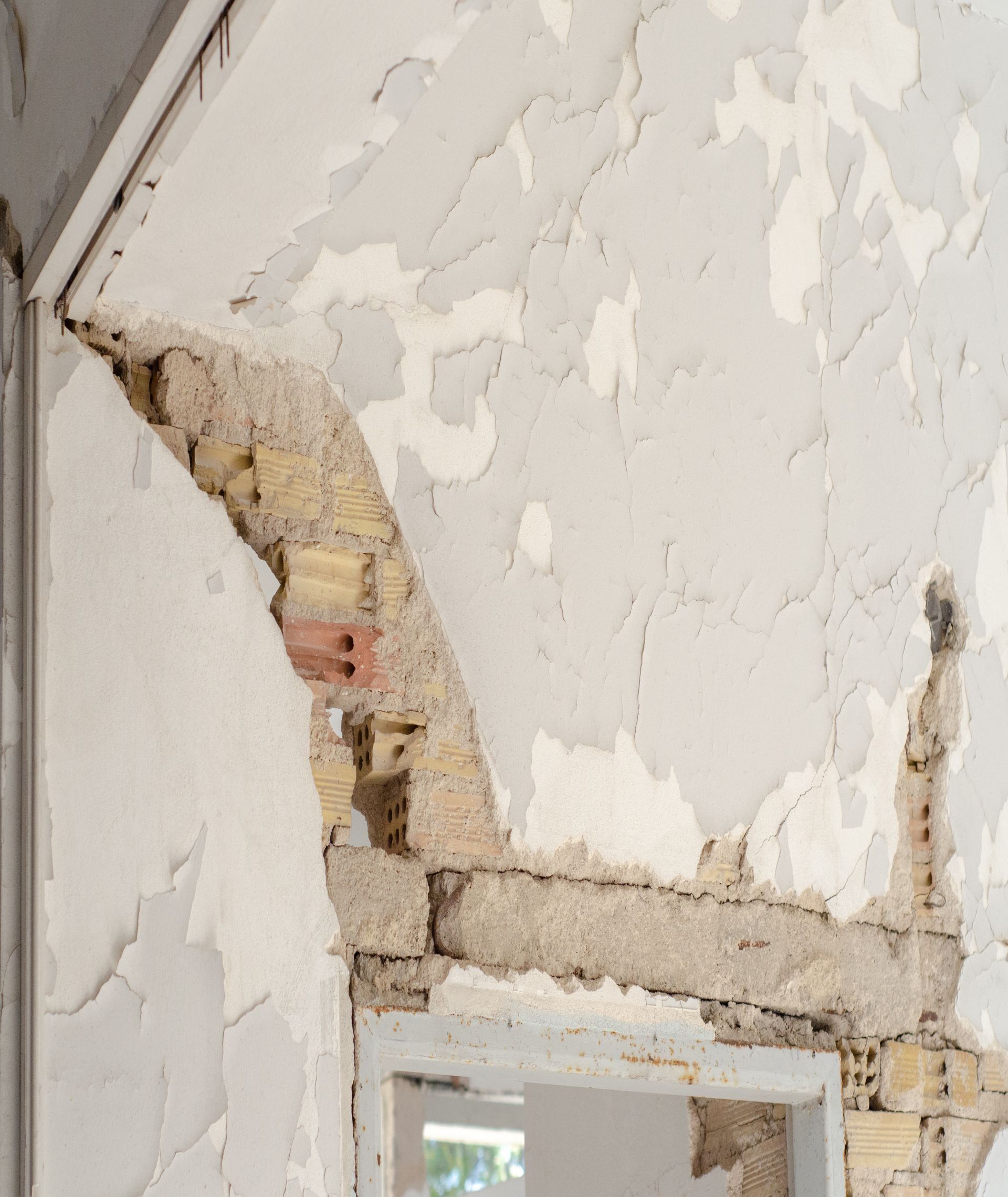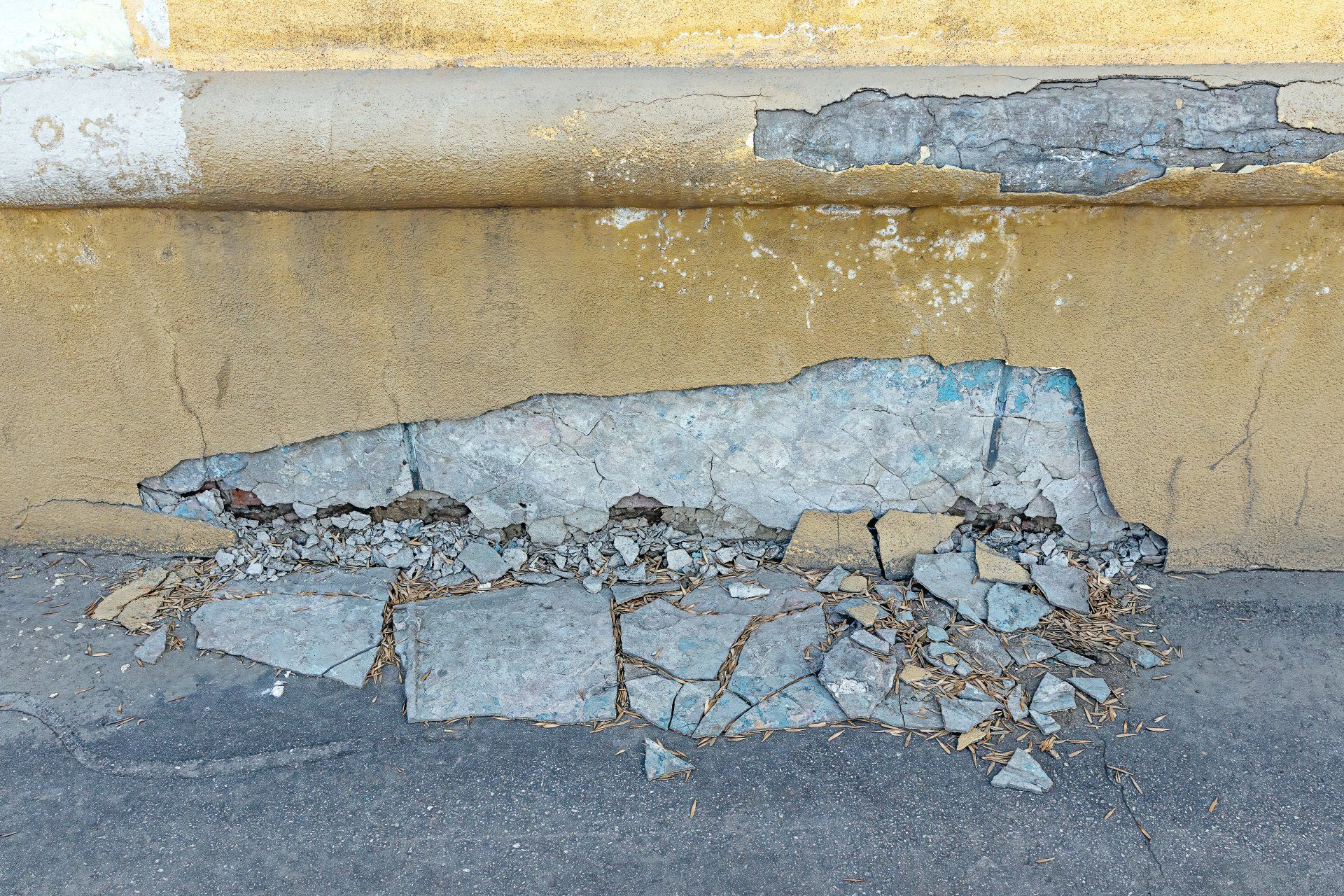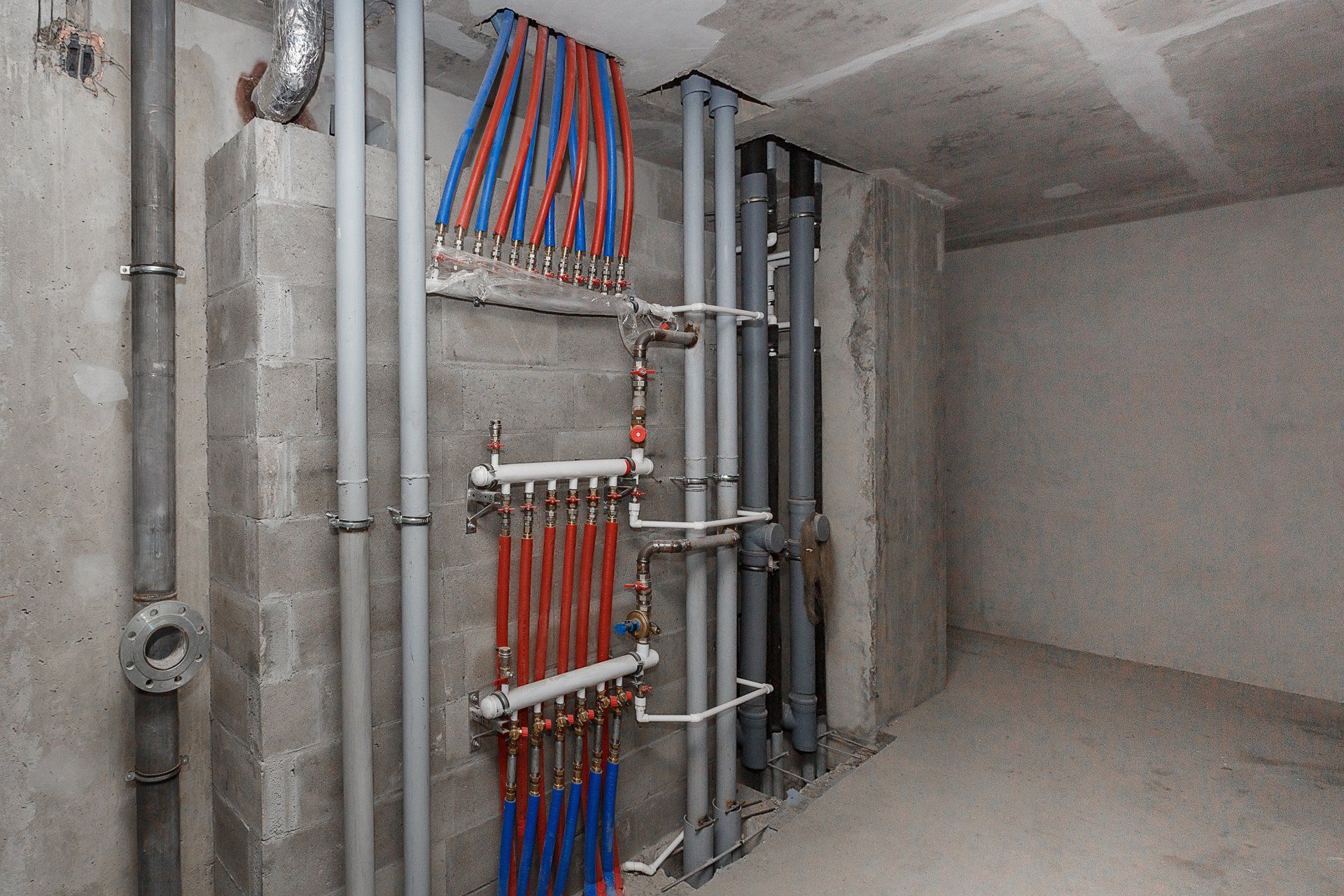Which Waterproofing Materials Are Best for Foundations?
Top Waterproofing Materials to Protect Your Foundation from Water Leaks and Damage
Your home’s foundation is its most important structural element, and protecting it from water damage is crucial. Whether you're dealing with water leaks, a damp crawl space, or looking for the best basement waterproofing options, choosing the right waterproofing materials can make all the difference for both
interior and exterior foundation waterproofing. This blog will explore some of the most effective waterproofing materials for foundations and why it's essential to use the best solutions for long-lasting protection.

Which Waterproofing Materials Are Best for Foundations?
Your home’s foundation is its most important structural element, and protecting it from water damage is crucial. Whether you're dealing with water leaks, a damp crawl space, or looking for the best basement waterproofing options, choosing the right waterproofing materials can make all the difference. This blog will explore some of the most effective waterproofing materials for foundations and why it's essential to use the best solutions for long-lasting protection.
Why Is Foundation Waterproofing Important?
Water seeping into your basement or crawl space can cause a host of problems, from structural damage to mold growth. If not addressed quickly, water leaks can compromise the integrity of your foundation, leading to costly repairs down the line. Proper basement waterproofing ensures that your foundation is protected from these risks, keeping your home safe and dry.
The Best Waterproofing Materials for Foundations
Cementitious Waterproofing:
Cementitious waterproofing is one of the easiest and most affordable methods to protect your foundation. This material is applied to the interior walls of the basement or crawl space and forms a solid, waterproof barrier. Cementitious systems are highly durable and resistant to water pressure, making them ideal for homes prone to water leaks or areas with a high water table.
Pros:
- Easy to apply
- Cost-effective
- Strong resistance to water pressure
Cons:
- Not flexible, may crack over time if the foundation shifts
Liquid Membrane Waterproofing:
Liquid membrane waterproofing involves applying a thick, rubber-like coating to the exterior of the foundation. This material is highly flexible and able to expand or contract with the foundation, making it perfect for homes in regions with extreme weather variations. A waterproofing company can apply liquid membrane systems both inside and outside your foundation, depending on your home’s needs.
Pros:
- Flexible and durable
- Long-lasting protection
- Can be applied to uneven surfaces
Cons:
- Requires professional installation for best results
Sheet Membrane Waterproofing Sheet membrane waterproofing involves rolling large sheets of waterproof material, typically a bitumen-based product, onto the foundation walls. The sheets are sealed together to create an impenetrable barrier against water. Sheet membranes are highly effective for exterior applications and can offer years of protection when installed correctly.
Pros:
- High-performance waterproofing
- Long-lasting protection
- Suitable for larger foundations
Cons:
- More labor-intensive
- Requires professional installation
Bentonite Clay Waterproofing
Bentonite clay is a natural material that expands when it comes into contact with water, creating a strong barrier to keep moisture away from the foundation. Bentonite is often used in areas with problematic soil conditions. It is typically applied to the exterior of the foundation or placed between foundation walls in crawl spaces.
Pros:
- Environmentally friendly
- Expands to fill gaps and cracks
- Highly effective for below-ground waterproofing
Cons:
- Requires professional installation
- Can be more expensive than other options
Crystalline Waterproofing Crystalline waterproofing uses a chemical reaction to create waterproof crystals within the concrete foundation. These crystals block the pathways through which water travels, ensuring a permanent waterproof seal. This method is especially effective for sealing cracks in existing foundations and preventing future
water leaks.
Pros:
- Permanent, long-term solution
- Self-sealing properties
- Great for repairs and new installations
Cons:
- Requires professional expertise
- May take time to fully react and form a seal
Choosing the Right Waterproofing Material
The best waterproofing material for your foundation depends on several factors, including the type of foundation, soil conditions, and the severity of existing water leaks. Working with a waterproofing company near you can ensure that you get the right solution for your home. A professional waterproofing company will assess your foundation and recommend the best materials to provide long-lasting protection.
Benefits of Professional Installation
While some homeowners may attempt DIY waterproofing, professional installation ensures the best results. A certified waterproofing company will have the expertise, tools, and materials to provide a comprehensive solution that protects your foundation from water damage. Whether you're waterproofing a crawl space, basement, or the entire foundation, professional services offer peace of mind and reliable results.
Conclusion
When it comes to basement waterproofing or protecting your foundation from water leaks, choosing the right materials is key. From cementitious waterproofing to flexible liquid membranes and bentonite clay, there are plenty of options to keep your home dry and secure. To get the best results, it’s always a good idea to consult with a waterproofing company near me to ensure the job is done right the first time.
Protect your home’s foundation today—reach out to a professional waterproofing company to explore your options and keep your home safe from water damage for years to come.



